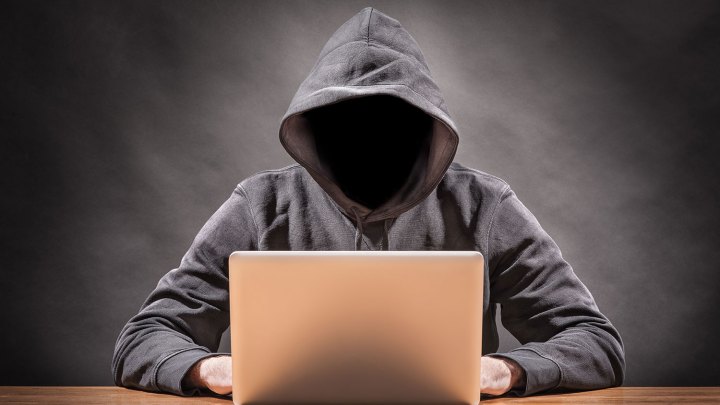
On Friday, the group of experts established by President Obama earlier this year noted that it will be crucial for the public and private sector to work together in order to improve upon the security of American digital networks. This has been a topic of discussion since early 2016, when government leaders met with top executives of a number of Silicon Valley-based tech companies to discuss how best to cooperate in light of changing times and growing digital threats.
“Technological advancement is outpacing security and will continue to do so unless we change how we approach and implement cybersecurity strategies and practices,” the 100-page report noted. It also urged the Trump administration to act on some of these strategies and practices within its first 100 days, and further short-term action within the next two to five years in order to protect the American populace.
Included in the report’s recommendations were the creation of both an assistant to the president focused solely on cybersecurity, as well as an ambassador for cybersecurity; the removal of traditional passwords; and the training of 100,000 new cybersecurity workers by the end of Trump’s first term.
“What we’ve been doing over the last 15 to 20 years simply isn’t working, and the problem isn’t going to be fixed simply by adding more money,” said Steven Chabinsky, a commission member. He also added that cybersecurity ought to be “handled at higher levels,” and placed the onus on internet providers and product developers to keep consumers safe.
Of course, whether or not the president-elect will take any of these recommendations has yet to be seen, so keep a close eye on 2017 and what it could mean for cybersecurity in the U.S.


